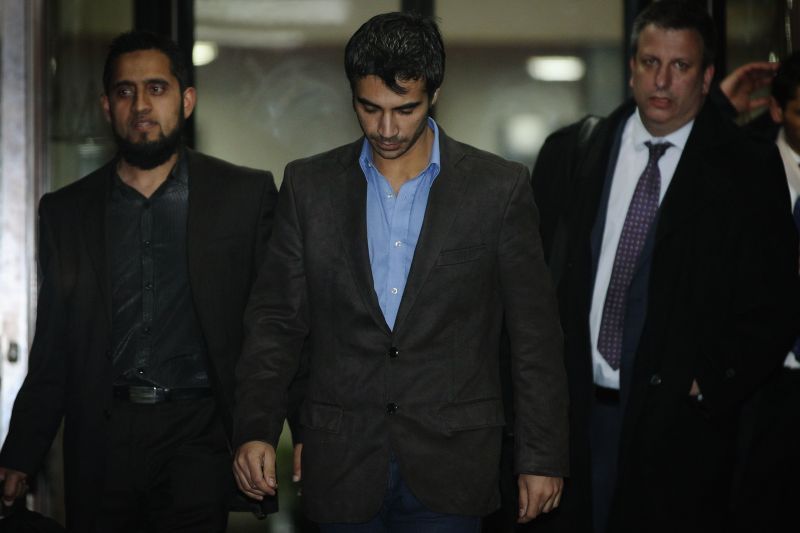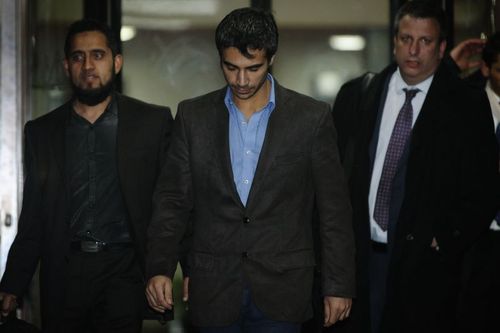
Match-fixing law will be a game-changer in India: Steve Richardson

Steve Richardson, who is the International Cricket Council’s (ICC) anti-corruption unit (ACU) coordinator of investigations, believes that a match-fixing law would be the "single-most-effective thing" to protect the game from match-fixers in the country.
India is scheduled to host two major ICC events in the next three years- the T20 World Cup 2021 and the ODI World Cup in 2023. These global tournaments are incredibly attractive to match-fixers but it becomes very difficult to protect them from such fraudsters with the limited resources the ICC have at their disposal.
Richardson was quoted as saying by ESPNcricinfo:
"India has got two ICC global events coming up: the T20 World Cup (in 2021) and the World Cup in 2023. At the moment with no legislation in place, we’ll have good relations with Indian police, but they are operating with one hand tied behind their back. We will do everything we can to disrupt the corrupters. And we do, we make life very, very difficult for them as far and as much as we can to stop them from operating freely."
The ICC official further highlighted the importance of match-fixing legislation to protect the sport from any corrupted practices, stating that it would be an absolute game-changer. He said:
“But the legislation would be a game-changer in India. We have currently just under 50 investigations. The majority of those have links back to corruptors in India. So it would be the single-most-effective thing to happen in terms of protecting sport if India introduces match-fixing legislation.”
I could give the Indian police at least eight names of people who are serial offenders: Steve Richardson
Sri Lanka criminalised match-fixing last year and became the first major Test-playing nation in South Asia to do so, with punishments including a 10-year prison sentence.
Speaking at a panel discussion on the subject of ‘Does India need match-fixing legislation?’ as part of the Sports Law & Policy Symposium, Steve Richardson claimed:
“I could actually deliver to the Indian police or the Indian government now at least eight names of people who are what I would term serial offenders, constantly approaching players to try and get them to fix matches.”
Richardson added that the lack of any legislative framework when it comes to match-fixing in India limits the ability of the police to punish such fraudsters. He said:
“At the moment with the lack of legislative framework in India it is very limited what the police can do, and to that extent, they have my great sympathy because they try as professionally and hard as they can to make the existing legislation work, but the reality is it wasn’t framed with sports corruption in mind.”
Ajit Singh, who is the head of the BCCI's ACU, also agrees with Steve Richardson’s comments, adding that India also needs a ‘very strong law’ against betting, which is the source of corruption in Indian cricket.